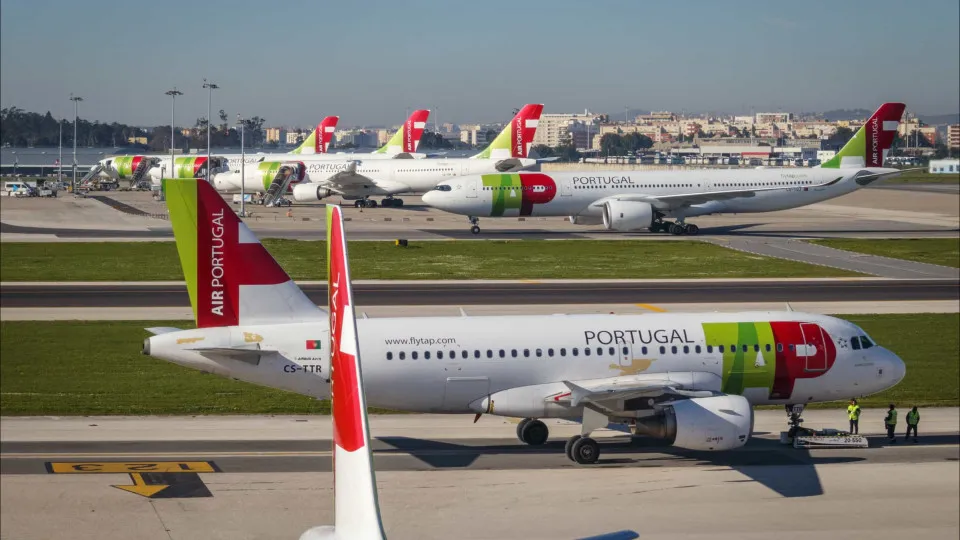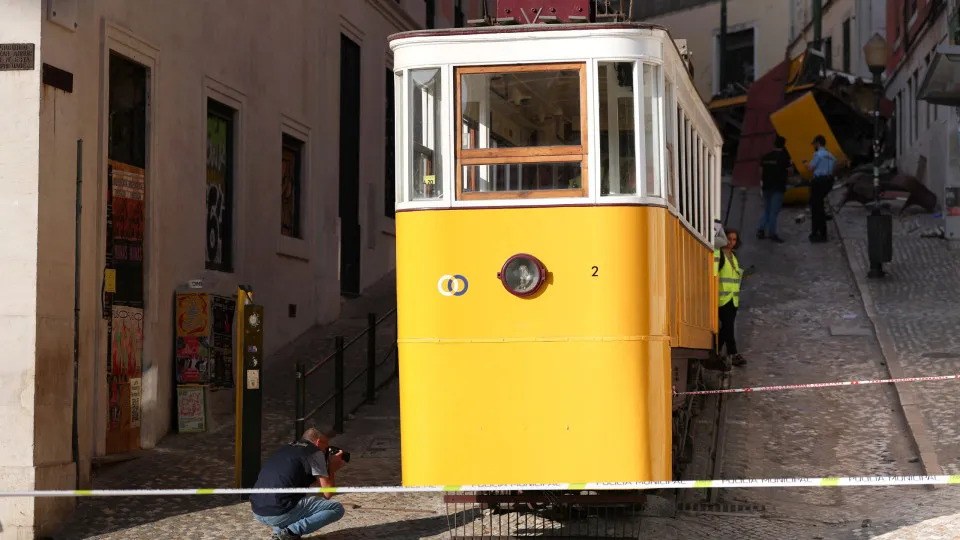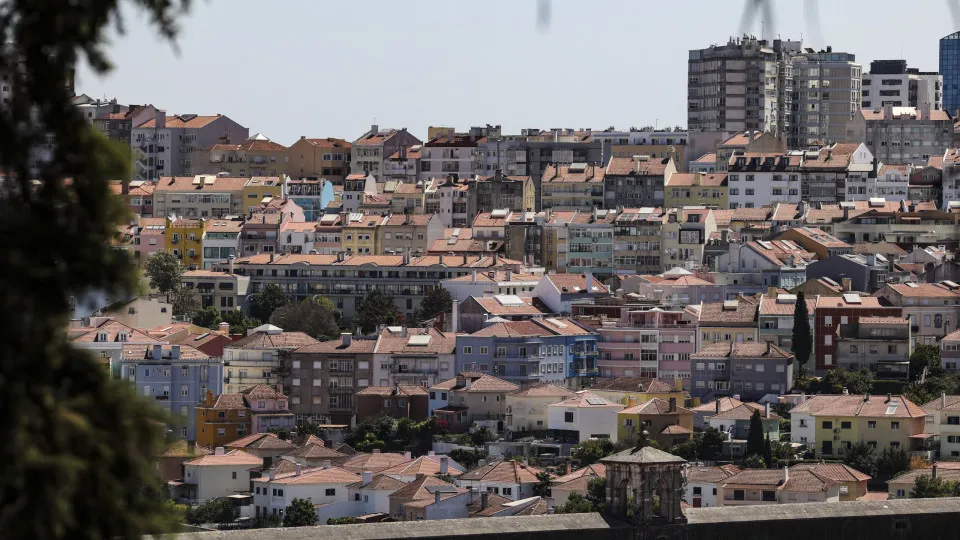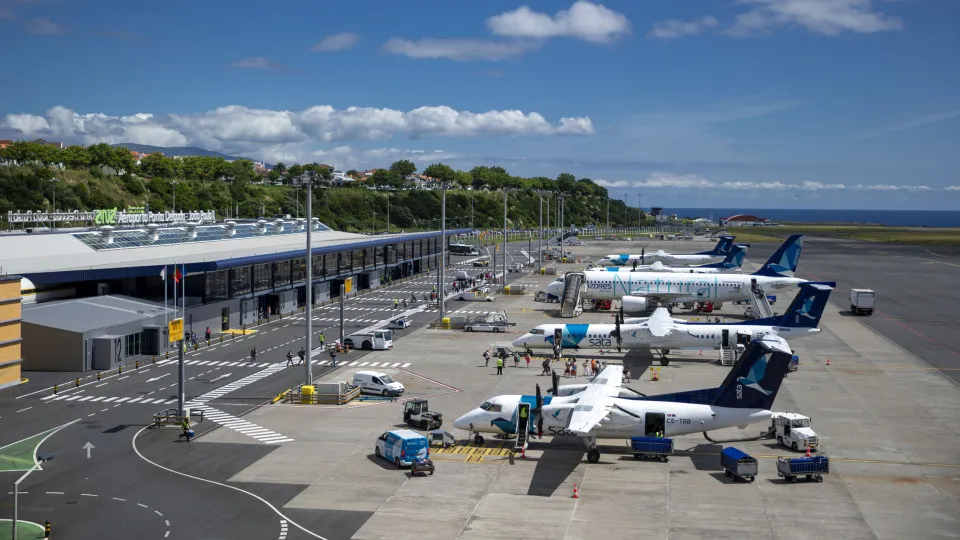
The joint statement from the Ministries of Infrastructure and Housing and Finance announced that the document, approved Thursday in the Council of Ministers, mandates that the sale of the airline will be directed exclusively towards major airline operators or groups led by them. These operators must present revenue of at least 5 billion euros in one of the last three years, demonstrating proven experience in the aviation sector.
Applicants must also meet the “criteria of integrity and financial capacity,” it stated.
The privatization process will involve up to 44.9% of TAP being offered to a strategic investor and up to 5% to TAP employees. It will proceed in four stages, beginning with a pre-qualification phase lasting up to 60 days.
This will be followed by a non-binding proposal phase of up to 90 days, a binding proposal phase of the same length, and the process will end with a phase of “possible negotiation.”
Technically, the government specified that the evaluation will focus on presenting a strategic project that is coherent and guarantees execution and resource allocation, aiming to preserve and promote TAP’s growth, as well as the offered price.
This project should bolster TAP’s competitive position as a global air transport operator in current and new markets, with particular attention to connections between major national airports, autonomous regions, the diaspora, and Portuguese-speaking countries and communities.
Applicants will also be assessed on “fleet expansion, investment in maintenance and engineering, and efforts in sustainable fuel production (SAF/e-SAF), in line with the National Roadmap for Aviation Decarbonization.” “The maintenance of any public service obligations will also be considered,” the statement noted.
Financial criteria for proposals include the “value offered for shares, guarantees of financial sustainability, projected future profitability of TAP, and any alternative forms of payment, such as performance bonuses and share swaps.”
Consideration will also be given to “the absence of factors hindering operation completion, compliance with labor commitments and existing collective bargaining agreements, and perspectives on possibly increasing shareholder presence in TAP,” the statement emphasized.
The responsibility for the technical conduct of the process, encompassing the reception, analysis, and evaluation of proposals and contractual preparations, has been entrusted to Parpública.
The Council of Ministers will make the final decision on the strategic investor selection, guided by Parpública’s detailed reports and criteria defined in the tender document, and may “alter the process and approve the final terms of the operation.”
The process will be overseen by a Special Monitoring Commission, led by economist and university professor Daniel Traça, along with economists and professors Luís Cabral and Rui Albuquerque.
The specific role of the chosen investor will be outlined “through a shareholder agreement draft provided by the state during the reprivatization process,” allowing for potential investor comments and proposals.
The tender document’s publication is “the starting point for the formal commencement of the first phase of the national airline’s privatization,” highlighting the sale of up to 44.9% to a strategic investor and up to 5% to TAP employees.
Originally state-owned, TAP underwent partial privatization in 2015, but the process was reversed in 2016 by Prime Minister António Costa’s government, reclaiming 50% of the company—a decision criticized for the financial risk it posed to the state.
Last year, Luís Montenegro’s government resumed the topic, expressing plans to sell a minority stake in 2025. Negotiations have since been underway with major European groups such as Air France-KLM, Lufthansa, and IAG.
[Updated at 3:38 PM]




